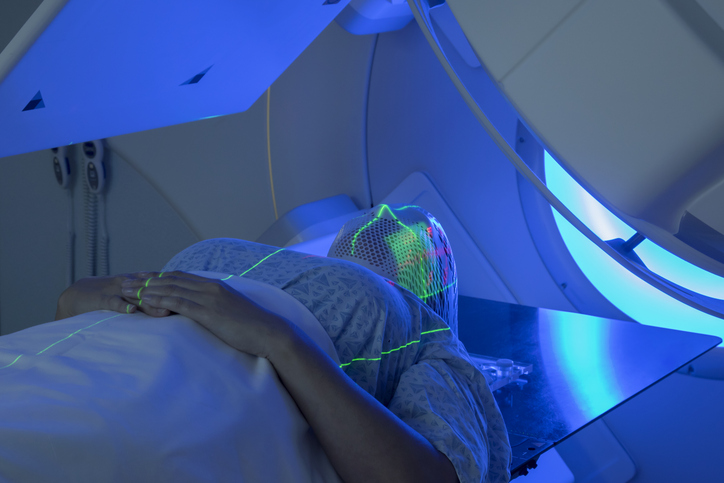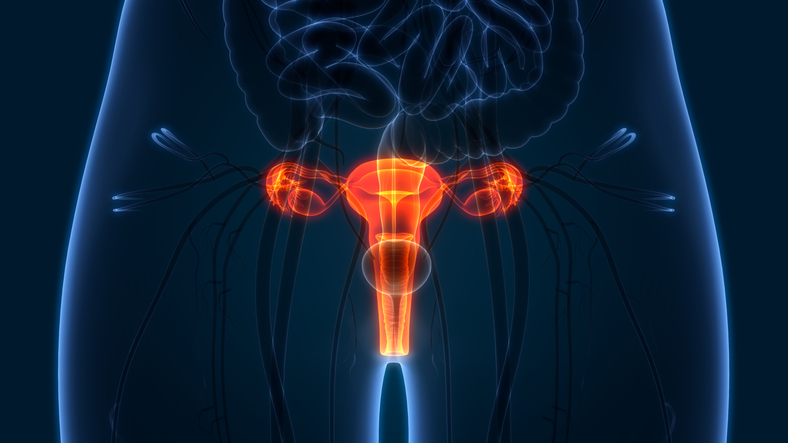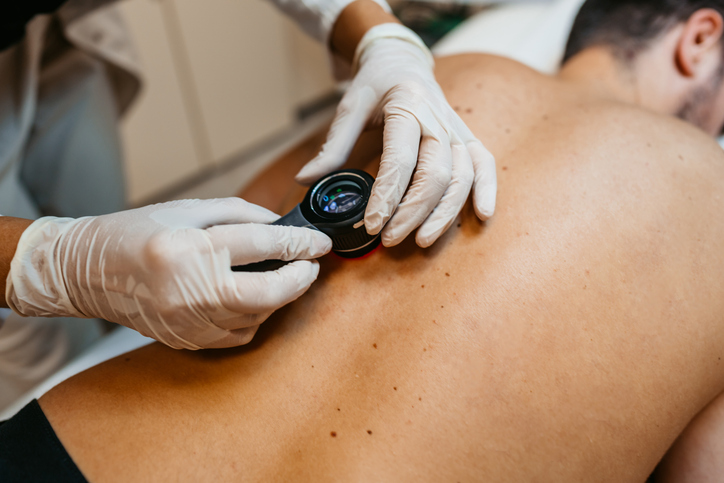What supportive care do men need after prostate cancer (PCa) treatment? A study from researchers in Norway sought to evaluate the specific needs of this population by evaluating patients, their physicians, and relevant cancer organizations. These findings were published in the International Journal of Qualitative Studies on Health and Well-being.
Perspectives on Prostate Cancer Treatment
The authors wrote, “The supportive care needs of men with PCa from a patient perspective is well documented, but fewer studies have sought the perspectives of healthcare professionals and cancer organizations.”
To conduct this study, the investigators created eight semi-structured focused groups, and conducted three individual interviews between September 2019 and January 2020. Thirty-four patients were enrolled, including men who underwent treatment for PCa, primary and secondary healthcare professionals, and cancer organizations working in western Norway. The researchers analyzed participant responses using systematic text condensation.
Patients with PCa who were recruited were diagnosed, treated, and discharged from the hospital, regardless of disease stage and treatment modality. The focus groups were divided as follows:
- patients with PCa (n = 14)
- urologists (n = 5)
- nurses from a department of urology (n = 5)
- general practitioners (n = 3)
- physiotherapist and clinical nutritionist (n = 2)
- primary care coordinators (n = 2)
Three representatives from cancer organizations were individually interviewed due to mobility issues.
Themes in Care Needs after Treatment for PCa
The researchers found four emergent themes:
- Men with PCa have numerous needs for information, which should be optimally provided throughout process of cancer care and treatment.
- Stakeholders must coordinate their efforts to support men with PCa during follow-up.
- Supportive care resources are supplemental to healthcare services, but knowledge about these resources is variable.
- Structured healthcare processes are needed to improve and optimize care offered to men with PCa.
Information Needs
According to the entire respondent group, patients’ require information in several domains: practical information for after treatment; treatment outcomes and follow-up processes; side effects of treatments; impact of treatment on sexuality; psychosocial support; and activities of daily life.
The researchers noted “variation between stakeholder groups about who assumes responsibility and whether information about sexual help [or other side effects of treatment] should be systematically provided whether requested or not.” There was also variability in the quantity of information that was provided to patients, optimization of sharing information, and timing of information.
Coordinating Efforts
According to the authors, “All stakeholder groups described variations in the coordination efforts, resulting in fragmented follow-up supportive care services for men with PCa. The stakeholders described lack of coordination, but there were mixed views about the reasons.”
Reasons cited for lack of coordination for PCa support during follow-up included: transition gaps between difference healthcare services; lack of hospital referrals; very rigid and strict criteria for referrals; and a tendency of services to “focus on their own services.”
Patients reported experiencing problems accessing care because they felt their urologists was “’neither interested in collaborating with other healthcare professionals nor in listening to the patient.’”
Knowledge About Services
Patients who participated in supplementary care offered by cancer organizations reported that these resources were valuable and affirming. However, “All stakeholder groups experienced that knowledge about these resources varies among primary and secondary healthcare professionals. According to patients and cancer organizations, patients receive information about supportive care resources randomly and usually not from healthcare professionals,” the authors wrote.
Structured Processes
All respondents agreed that establishing “routines and structural efforts” was important for care of patients after treatment for PCa. General practitioners in particular emphasized a need for clear, practical follow-up guidelines to minimize practice variation during follow-up, as these providers are not PCa specialists, they emphasized.
Patients expressed frustration at having a rotation of urologists throughout their cancer care process as opposed to one urologist throughout. They reported that this constant change was “troublesome” and “did not build a sense of security,” and noted a need for urologist preparation before follow-up consultations.
Conclusions
In summary, the authors wrote, “Despite alignment among stakeholders’ regarding the necessity for standardization of information and coordination practices, the mixed prioritization of supportive care needs of men with PCa indicate the need for additional individualized and adapted measures.”







 © 2025 Mashup Media, LLC, a Formedics Property. All Rights Reserved.
© 2025 Mashup Media, LLC, a Formedics Property. All Rights Reserved.